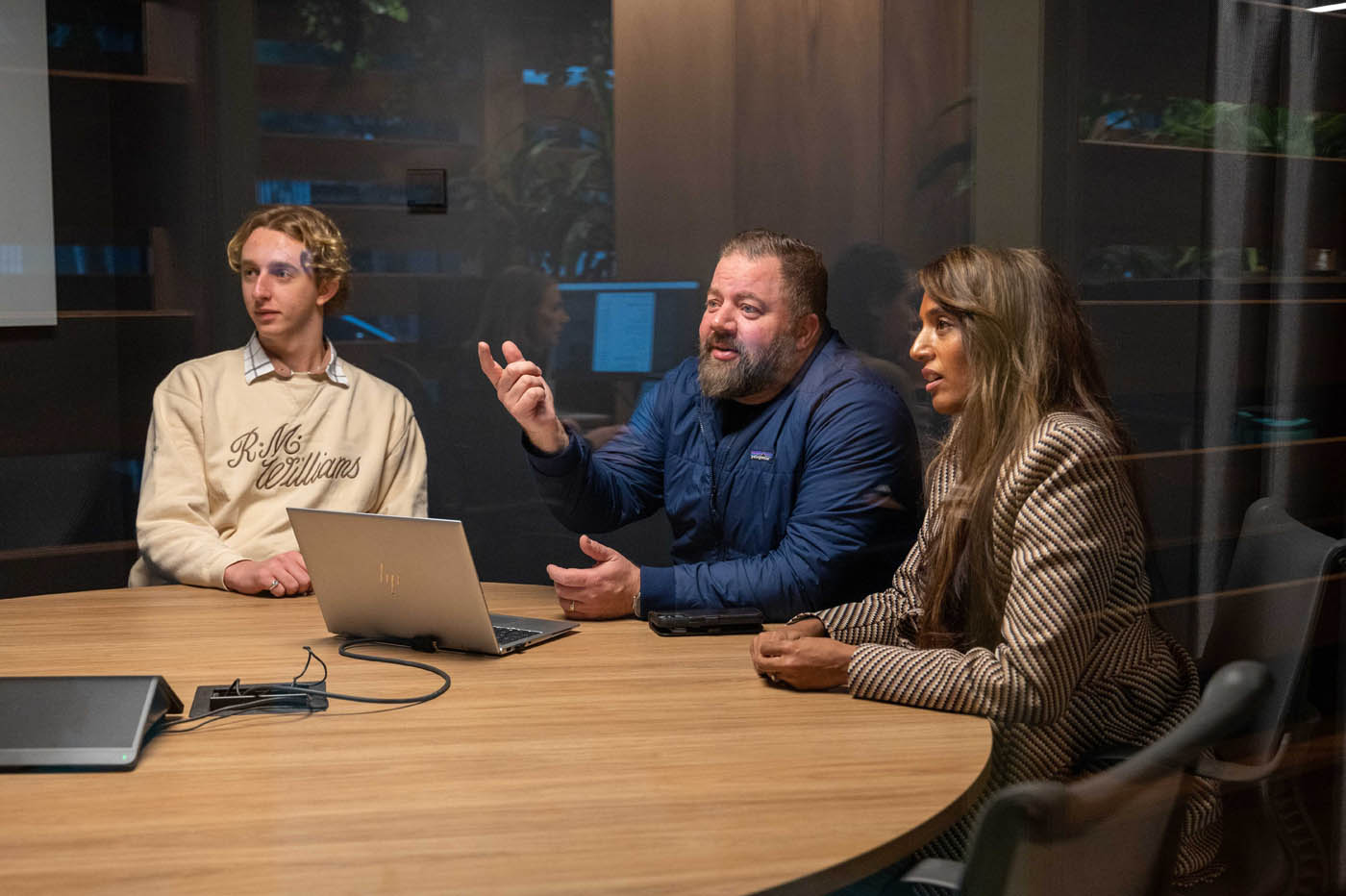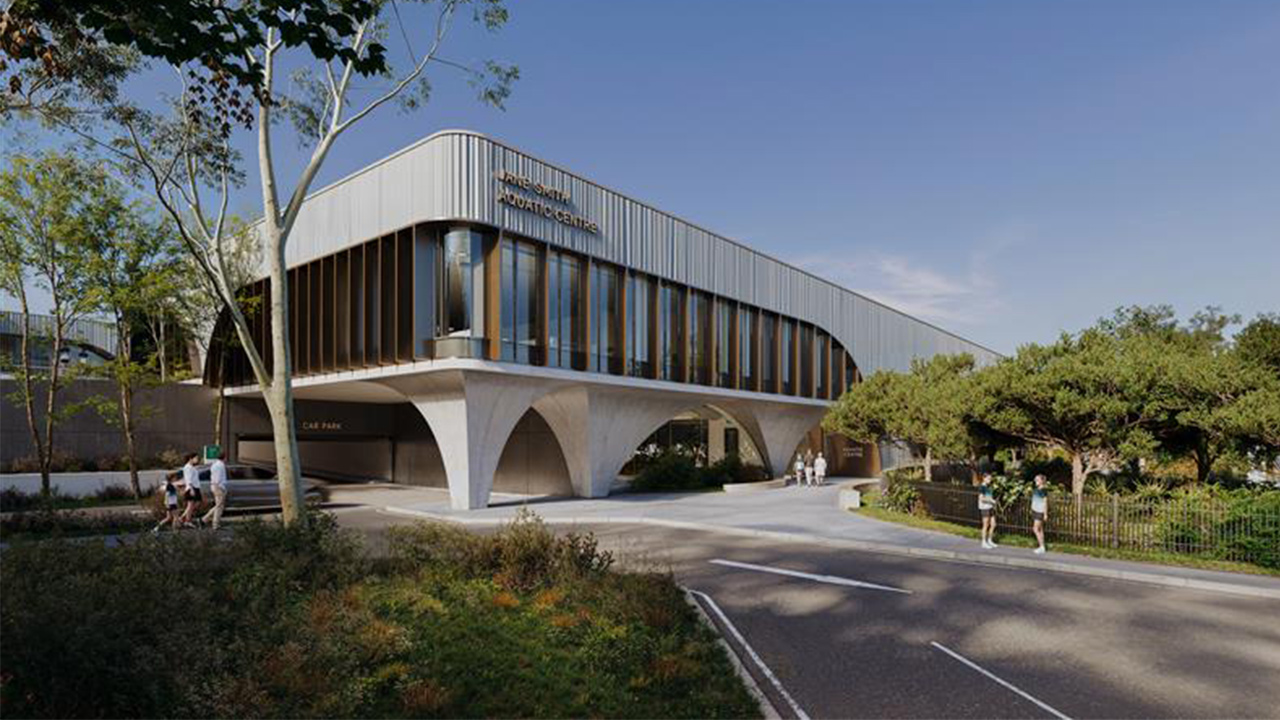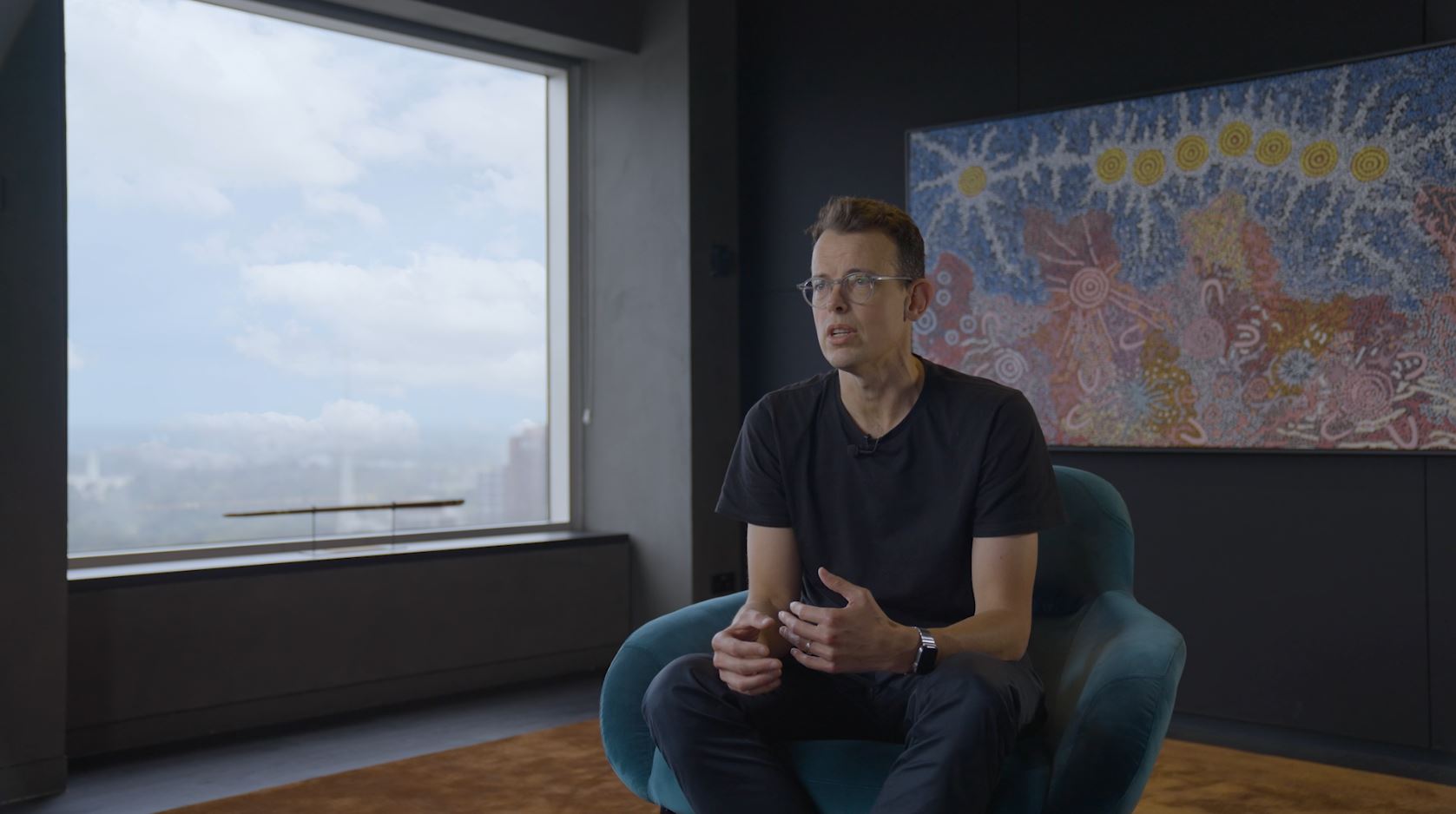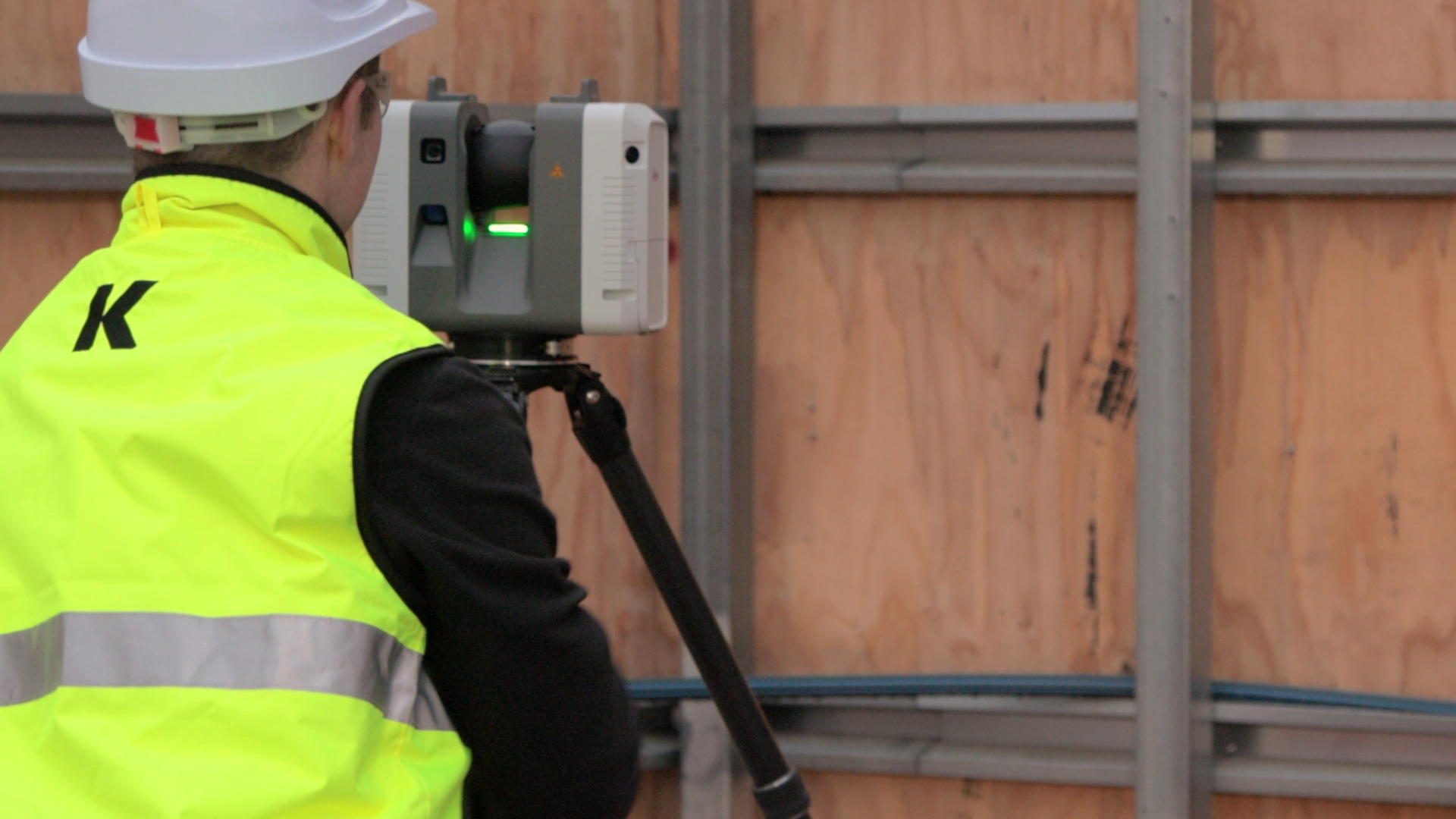
Share this story
Written by Kapitol's Co-Founder and Director, David Caputo.
Construction is at pivot point and companies have a choice, will they address productivity through innovation-based methods or will they wait for ‘someone else’ to fix it?
As construction costs continue to rise alongside record lows in productivity, the choice seems easy. So why are so many builders just watching as antiquated processes, supply chain pressures, cost volatility and workforce shortages chip away at already thin margins?
As a construction company co-founder and director, I recognise the challenges our industry faces but I also see the glaring opportunities. For the companies who are willing to confront and respond to low productivity, we can actually do more than ever before. But, no one is going to upgrade the industry for us, so everyone needs to get on with the job.
Plenty of people label ‘innovation’ and ‘disruption’ as buzzwords. And I guess they are if you never actually put them into practice. But with an adoption strategy that prioritises learning and creates meaningful improvements to systems, outcomes and work-life balance, these words become very real.
BUILDING BASICS
Despite improvements, the construction industry still lags woefully behind many others when it comes to innovation and digitisation. As someone who’s worked in the industry for over 20 years, I've watched it fall off a priorities list dominated by programmes and budgets. As the recent Deloitte report showed, most Australian construction companies haven’t adopted Business Information Modelling (BIM) or cloud management software. These digital technologies are crucial for improving building quality, reducing waste, and mitigating defects.
Construction companies ordinarily have a head office and satellite sites. Cloud technologies support our team to work together in disparate locations, while BIM allows a whole network of consultants and subcontractors to resolve issues before boots are on site. These are just the basics of what these technologies offer, you’re not building productively if you are not investing in digital tools.
Numerous reports have demonstrated that innovation drives productivity growth and to echo the Australian Constructors Association, CEO Jon Davies, the only way to do more is to work with what we already have. The RBA’s recent figures have the pipeline looking fully loaded for 2023, but the question of staffing capacity lurks. Digital assists give our teams the ability to meet this demand without creating excessive workloads.
DIGITAL SITES
Productivity is hampered when you underestimate your team. Ours is a relatively young workforce and smart devices are ubiquitous in the industry - uptake ready. Our sister company, digital construction specialists, Resolve Insight, create integrated tools specific to the work we do. This means already familiar programs work together, with embedded AI generating deployable insights.
The use of real-time tracking software such as OpenSpace AI demonstrates this, through a video walk-through, project progress is captured, and the footage is then compared with the 3D BIM model to detect inconsistencies. Applying this process, a vent above a door that was on the 3D model was quickly and easily identified as being absent in the reality capture. This was caught and the vent installed before the wall was plastered and painted. The productivity wins here are obvious, time, materials, cost – small gains culminate in huge wins.
LEARNING ORGANISATION
Training is often sacrificed against the demands of tight deadlines and thin margins, despite being critical to productivity gains. Growth for construction firms relies upon cultivating an expert workforce that can easily access the most up-to-date knowledge of standards, codes and compliance.
Over 40% of construction companies have insufficient funds allocated to technology adoption. ABS data shows that construction ranks amongst the lowest of any industry in ‘Business expenditure on R&D’ (BERD). However, this year we’ll be investing $2.4 million in turning Kapitol into a ‘learning organisation’, facilitated by internal subject matter experts and run through our Learning Management System (LMS). The LMS will include 60 topics ranging from technical to soft skills and is designed to support an adaptable workforce. Our team will complete approximately 8000 hours of training this year.
None of us in the organisation are exempt, myself included. I’ve sat through several training sessions myself and I’ve been surprised by how much I’ve learned. We all need to keep up, particularly in an industry like ours where standards and codes are constantly changing. We must also consciously embed a culture of innovation and provide strong leadership with a demonstrated willingness to reflect on mistakes and gaps in our knowledge. Productivity requires reflecting on what works, rather than refusing to learn.
WORKING BETTER
Workforce growth and retention are key to meeting productivity challenges. Towards this, we have moved to a 5-day work week and 10 in 14 for Site Managers. It hasn’t been easy but the willingness to try has paid off. We make it work by engaging temp site staff to cover Saturday shifts, with detailed and accessible digital handover systems in place to ensure they can safely and confidently cover the required work without progress slowing down.
As a result, we’re seeing a reduced staff turnover and overall performance improvements. Our team materially experience the benefits of adopting efficiency enhancing innovations. We don’t have all the answers but we do share what we know from having tried in the hope that we can participate in an industry wide effort to move in new directions.
We’re only just knocking on the door when it comes to realising the benefits of innovation-based improvements for our business, our clients and our workforce. There are really exciting innovations being rolled out across the industry, we just need to start putting in the work, where it matters.
Latest News

Reducing Construction Risk with VDC
Discover how VDC transforms construction—reducing risk, cutting rework, and saving time. Insights from Kapitol, Neoscape & Architectus

Introducing Kapitol’s Five-Part Series About Productivity in Construction
At Kapitol, productivity is a key issue that informs our work, culture, and commitment to innovation.

Laser Scanning - Building with Precision
Harnessing the power of cutting-edge laser-scanning technology, a game-changer for efficiency and accuracy in the construction industry.
